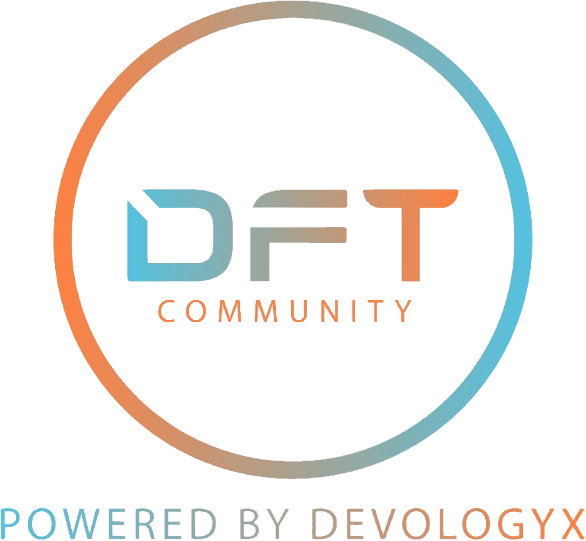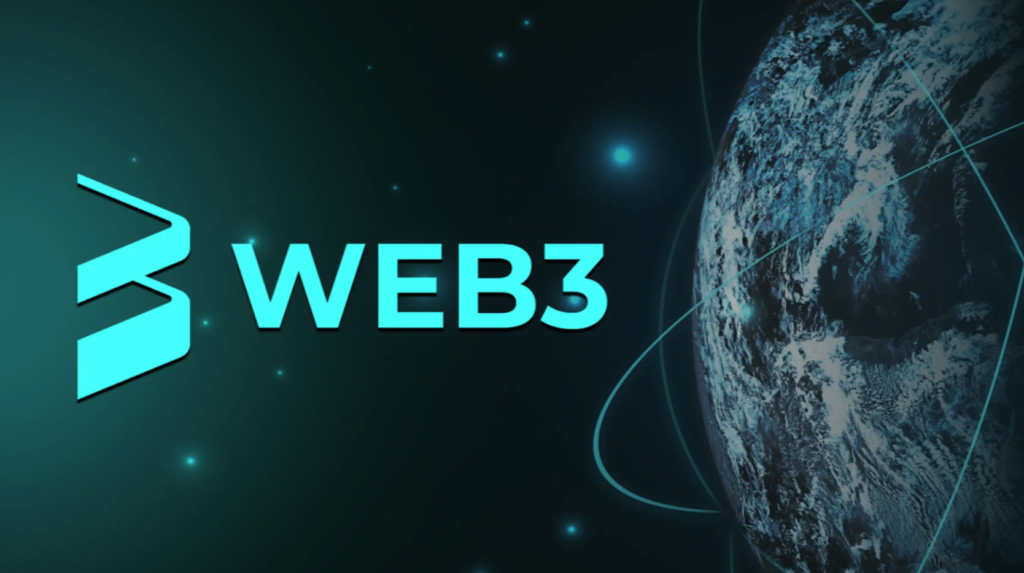The future of work will be enjoyable. You will work on what you love without an actual interview. You will work for several employers, paying you based on a contract you didn’t even sign. You will compete for honour with associates you don’t know. You’ll see whatever they’re doing. You will have a voice in the company’s strategy and learn about all its customers. You will always work remotely, and you will find it interesting.
Welcome to Decentralised Autonomous Organisations—the future of work. The tech industry has a custom of making simple theories difficult. This wasn’t the case.
WEB3 is a new stack of technologies built on blockchain protocols that support the development of decentralised web applications and enable users to control their identity, content and data. These technologies incorporate privacy-preserving protocols, decentralised governance and decentralised application platforms.
A Decentralised Autonomous Organisation is a community-led entity with no central governance. It’s fully autonomous and transparent: smart contracts lay the foundational rules, execute the agreed-upon decisions, and at any point, proposals, voting and even the code itself can be publicly audited. Every member within a DAO shares a common goal and attempts to act in the entity’s best interest. DAOs are popularised through cryptocurrency fanatics and blockchain technology.
In short, DOAs are how humans come together as a group to make decisions in the digital world. They do so with the assistance of two essential tools. First, the rules that run the company are indicated as a series of digital “IF/THEN” statements coded into a blockchain, rendering them both permanent and auditable. Secondly, voting shares are issued to stakeholders in the form of “digital governance tokens”, — also recorded on a blockchain. Doing things this way replaces, in theory, the legal mumbo-jumbo of today’s organisations as rules are coded and their hierarchical nature.
Technically, all sorts of work structures can be created as Decentralised Autonomous Organisations. Investment companies, consulting companies, engineering companies, and so on. But that’s just in theory; the reality is far more complex… and interesting.
Much has been said about web3 and blockchain lately, but many are still uncertain about its actual impact and benefits, especially for businesses. Web3 is a concept that combines innovations in data management, security, decentralisation and other fields on the internet. Here are six ways companies will evolve in Web3.
Web3 will spearhead the way companies attract and recruit talent
The world is progressively witnessing a global labour market. As such, we can now easily connect with the world’s four corners. The recruitment scenery has changed because of the current job trends, like increasing resignations and the gigantic shift to remote work. More than half of new Gen Zers admitted to losing interest in a job if the hiring process is archaic. If you think about it, today’s recruitment strategies follow a pretty straightforward process. You post a job ad, receive applications, review resumes, schedule interviews and make your hire. But each of these steps could change in the future of recruiting if and when Web3 becomes mainstream. For starters, let’s take a look at the way Web3 companies themselves recruit and hire top talent. While traditional hiring heavily relies on job boards, Web3 employers tend to take a more active approach as a default—reaching out to candidates through Discord, Twitter and hackathons. And fortunately for employers, it’s pretty easy to verify a candidate’s skill set and work experience in the Web3 space.
Action tip: You apply for a job, it scans the blockchain and rates your set of on-chain experiences and credentials. If it’s above a particular rating, you’re hired within 60 seconds. No prejudice, no wasted time, no pain. Just a quick yes or no.
The ability to work for several companies
As DOAs are increasing rapidly, rather than having one employer and an eight-hour day, you can contribute several hours a day to several DOAs. Being able to work for permissionless organisations means that contributors can work for as many DOAs as they want. Though the absence of absolute relationships can be discouraging for many, it is a thing several tech employees strive for. Think of this as a movie; directors, actors and producers come together to get the job done, and when the project is over, they part ways and go work on several different movies. The same happens in DAOs since they’re usually self-driven. The absence of an absolute relationship drives a Missionaries vs Mercenaries discussion. That is because DAOs are specifically mission-driven, and working with just one is likely not enough to earn you a living.
Action tip: Today’s creator economy filled with podcasters and bloggers can give you a glance into what the working world of Web3 looks like, with a typical creator earning from several projects like consulting, coaching and content monetisation on different platforms Youtube, Patreon and Substack.
Web3 will structure cyber security, data management and privacy
The main objective of web3 is to put back power in the hands of internet users. It will let users create and execute tools instead of providing large corporations with their data on online services. Web3 uses the technology known as the blockchain. A blockchain is a straightforward interconnected database accessed by several computer networks. The data stored on the blockchain is decentralised. That’s, it’s not absolutely put in one place. The most outstanding privacy upgrade with web3 removes centralised third parties from the equation. Users can interact directly instead of relying on companies like Facebook to assist in the exchange. That way, organisations won’t have to worry about intermediaries tapping their information. Blockchains let users verify their identities, thereby minimising how many people can access sensitive information. Web3 will make hacking much more difficult. Because blockchain processes are distributed across a vast network, hackers will have to at least break about fifty-one per cent of the computers on the system to penetrate them.
Action tip: for the case of cryptocurrencies, for instance, this guarantees that every transaction is captured and nearly impossible to manipulate. In web3, you own your data, and you have an option of selling it or staying anonymous.
A new way of making decisions
DAO contributors are usually offered governance tokens. These tokens act as both valuable shares that can be traded and used as ballots to make decisions within the company. Therefore, in this setting, one token is equivalent to one vote. Unlike traditional organisations, in DAOs, everybody owns voting proportional to their stake in the project. Also, customers have to buy tokens to access DAOs’ services. They can also vote and decide which direction the company and product should take. You must also be ready for your customers to potentially become your colleagues or bosses if they buy enough tokens. These tokens give them the right to participate in the company’s voting processes.
Action tip: creators are aware that if voting is done wrong, it can mean tyranny. Because of this, they started trials with new models like quadratic voting, which allows users to convey a degree of preference for the options presented.
Organisations will have a transparent and anonymous worksite
DAOs use blockchains and smart contracts, making them transparent and anonymous. All the decisions can be made by anyone within the company—something that employees in regular organisations don’t experience. This partially solves the Principal/Agent problem that many companies face but will also call for unwanted externalities that one has to be aware of. DAOs are for communities to come together. A certain level of trust between members is necessary to make it work, and people like to attach themselves to what they want—not their avatar. As such, many will choose not to be anonymous.
Action tip: Linking a crypto wallet to a DAO implies that everyone can see and access any transaction using the same wallet.
There will be innovation on a global scale
We have witnessed many technological advancements, and it’s impossible to take no notice of the valuable changes that web3 will put on the table. This includes innovation. Web3 can change financial systems, enhance security and restructure the job market. Much as it has also played a significant role in corporate innovation. Organisations like Microsoft and Nissan have employed hackathons to create novel ideas and concepts, develop products and approaches present challenges. It’s impossible to mention Decentralised Autonomous Organisations when discussing web3 innovation. DAOs have reactivated entrepreneurship by offering more opportunities to lengthen operations through new business models. Like, they regularly recruit engineers and other professionals and pay them with their crypto tokens.
Action tip: Many companies have actually implemented hackathons for generating ideas and finding talent for the company.
Conclusion
As of today, Decentralised Autonomous Organisations have been a big deal. Above are some of the changes that web3 will bring to companies. Changes like improving security, easing decision making and providing a transparent work environment will be significant for businesses. DAOs have raised ten billion treasury assets under management. Sixty thousand decisions have been implemented through four million votes registered by seven hundred thousand active voters and proposal makers.


